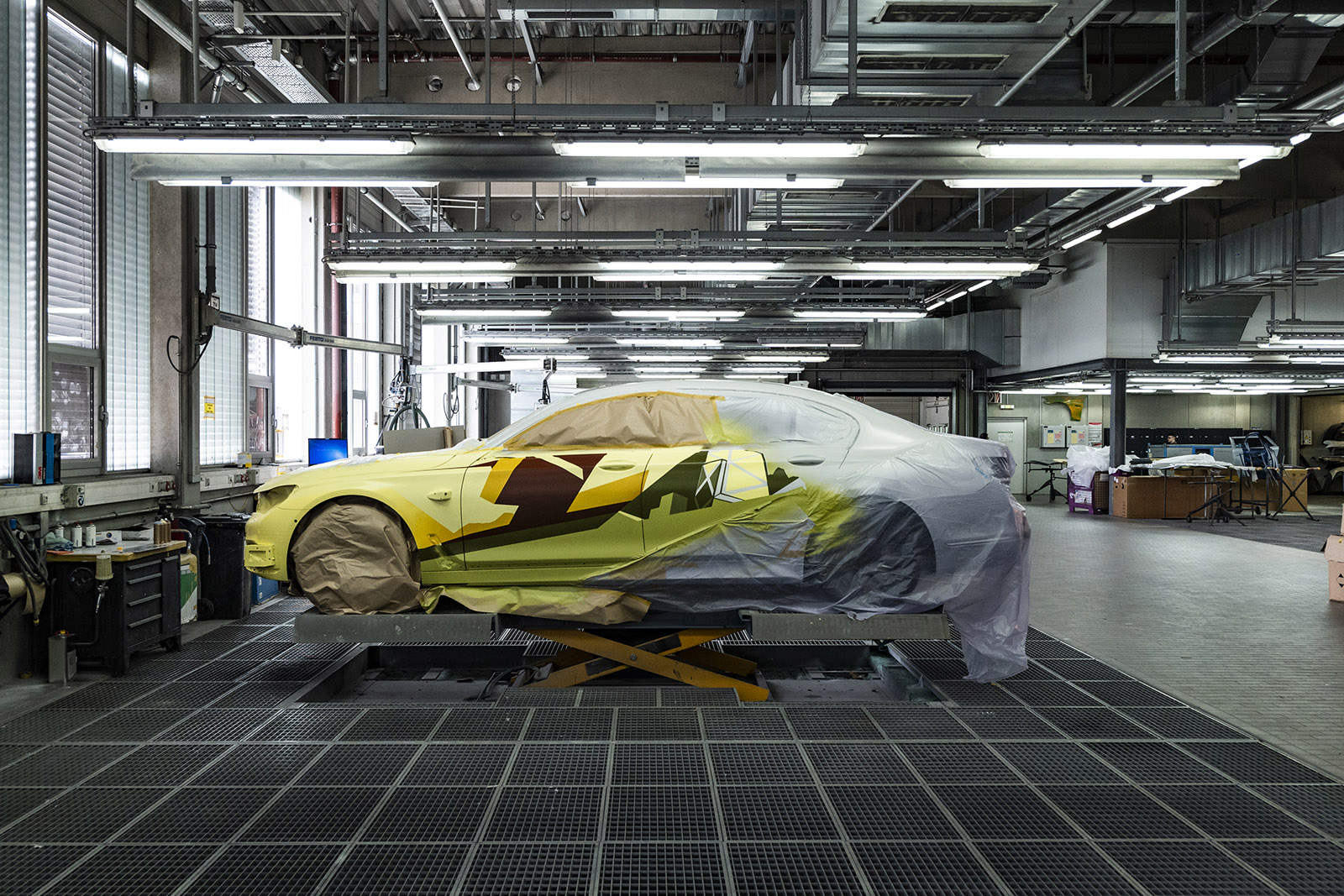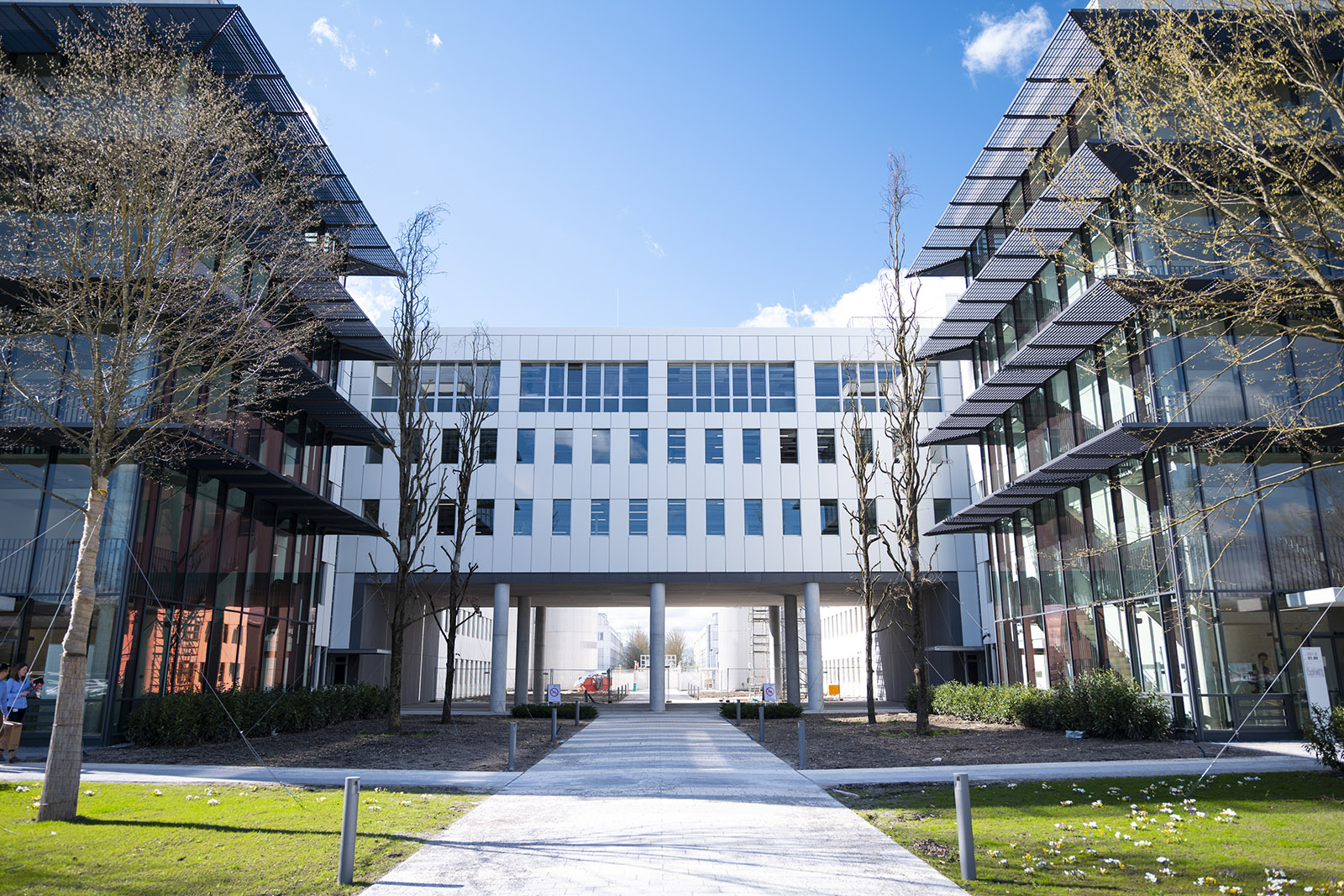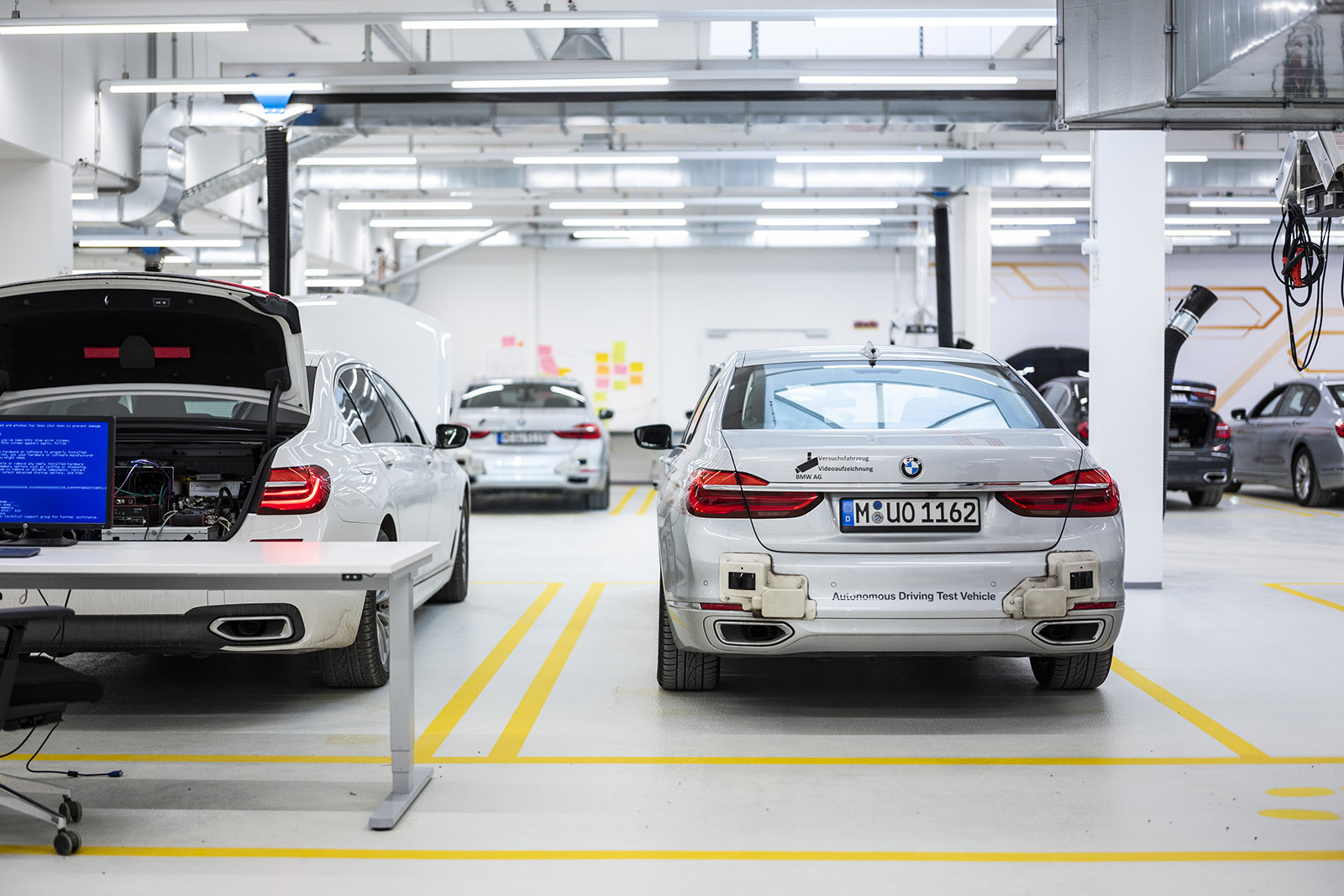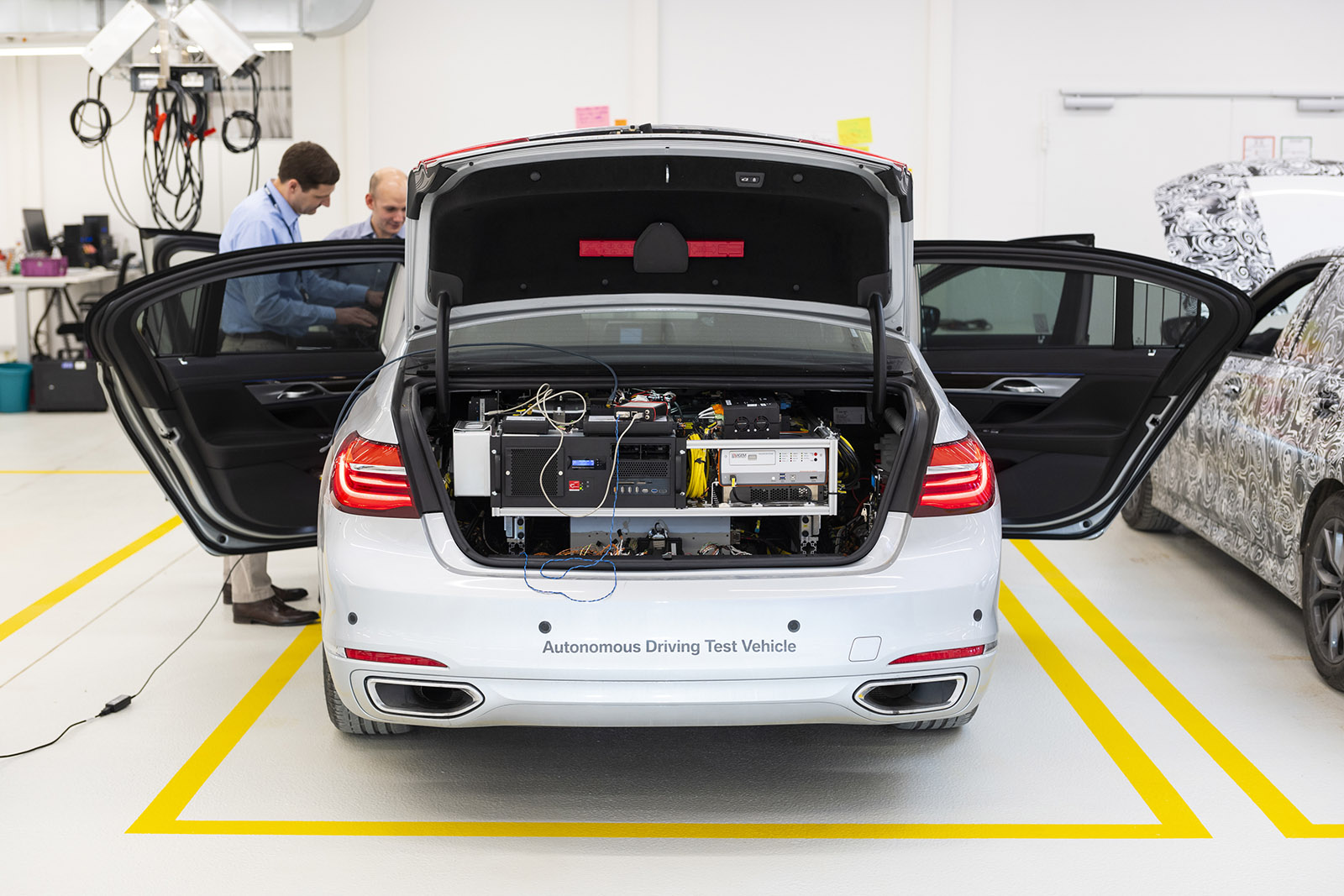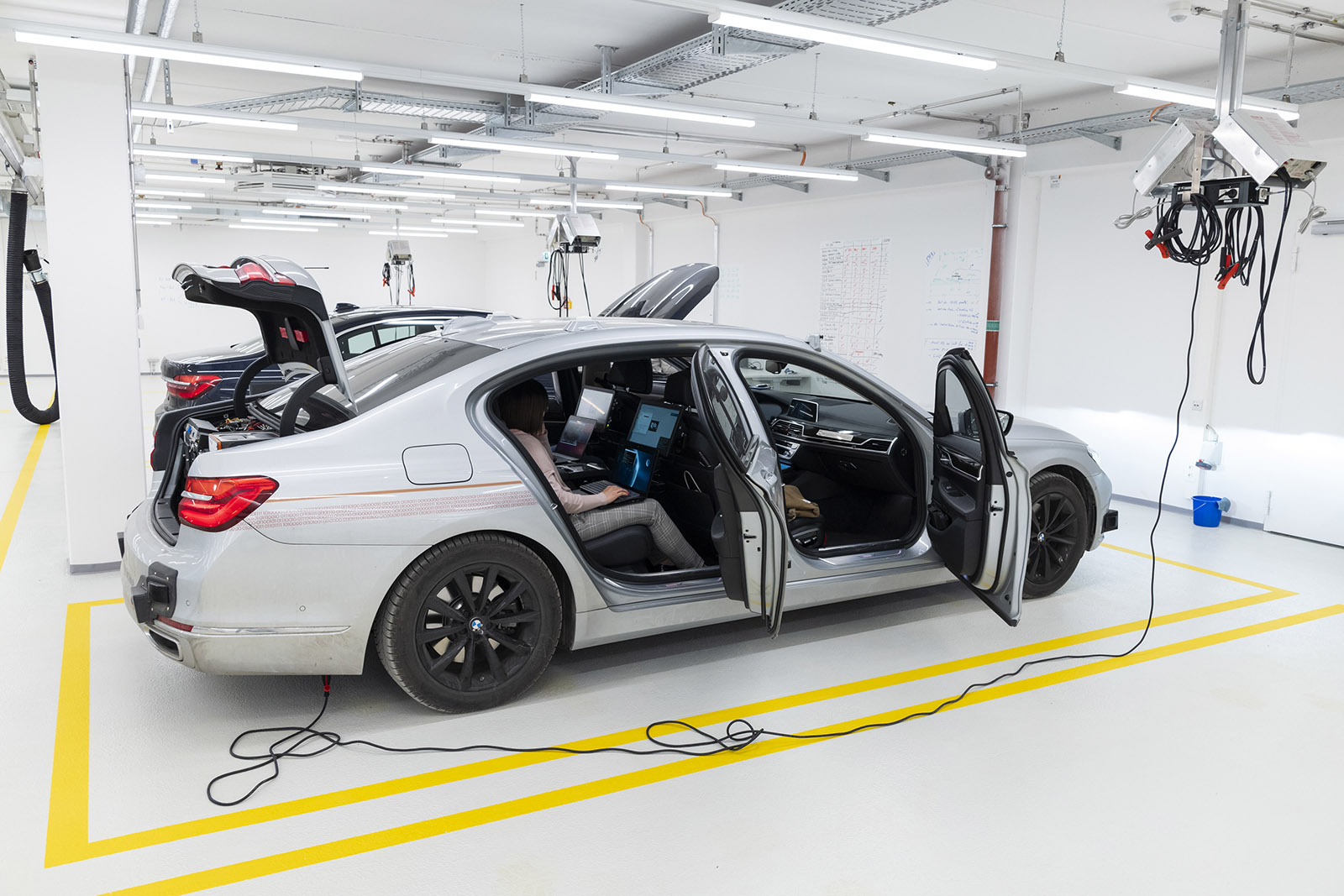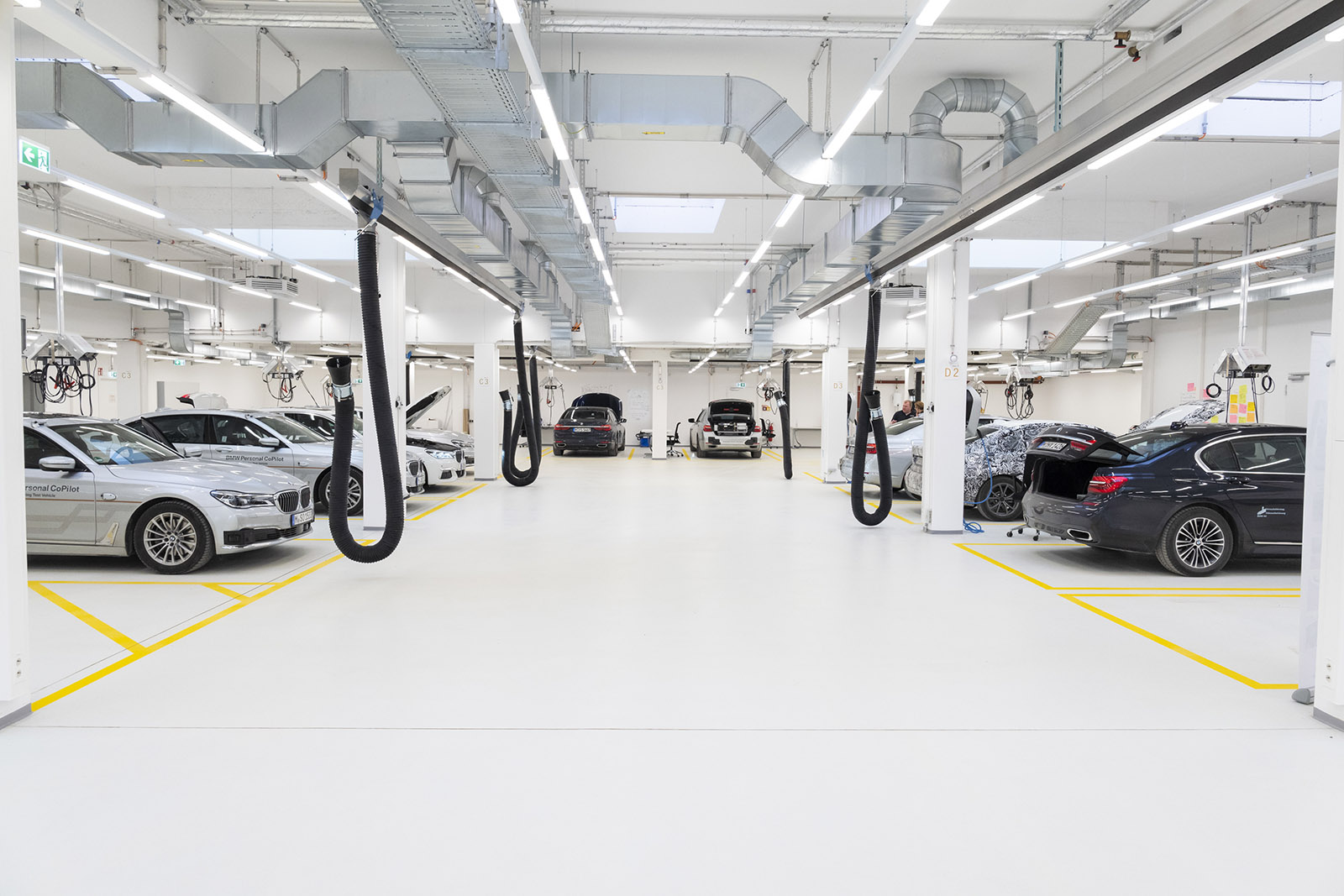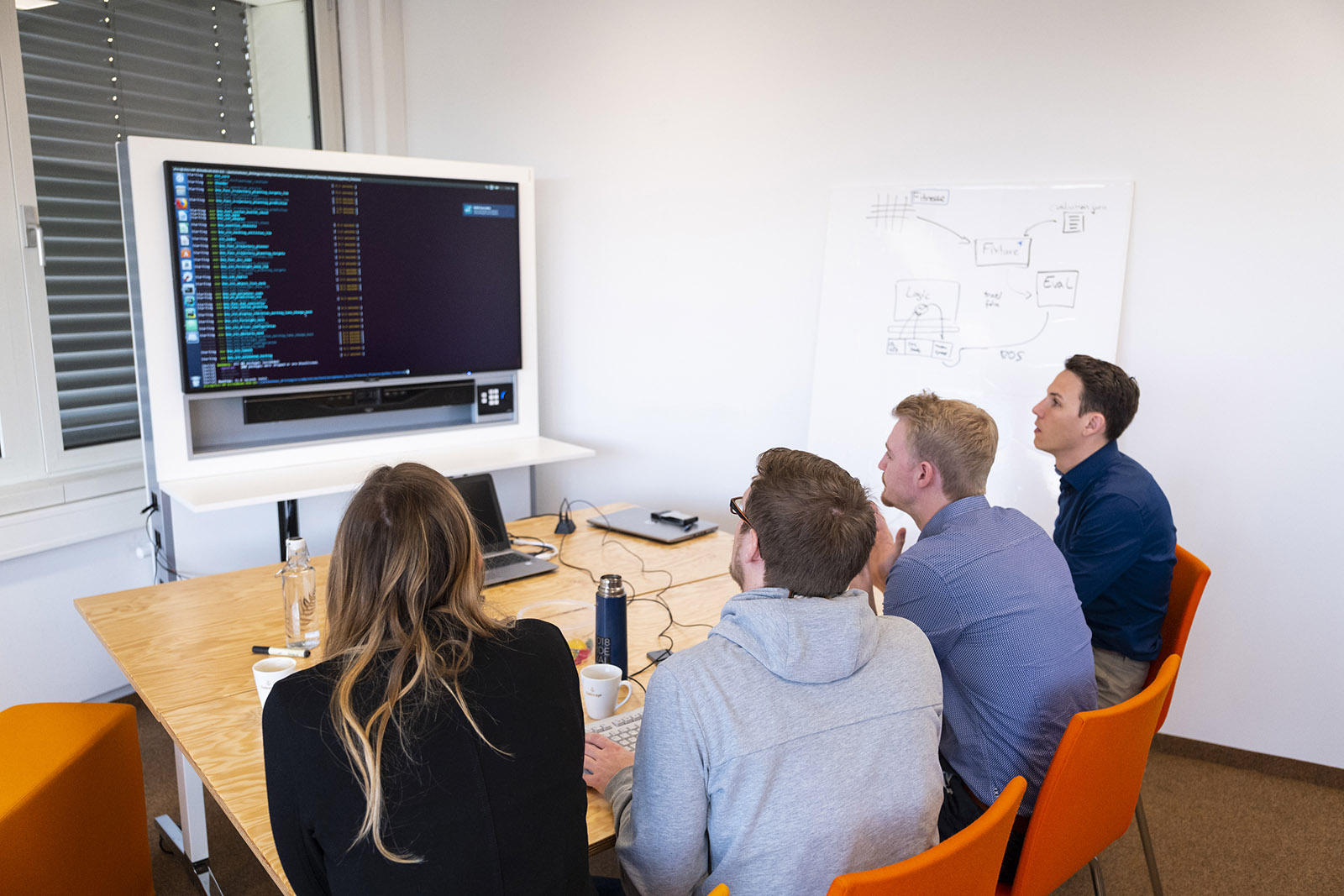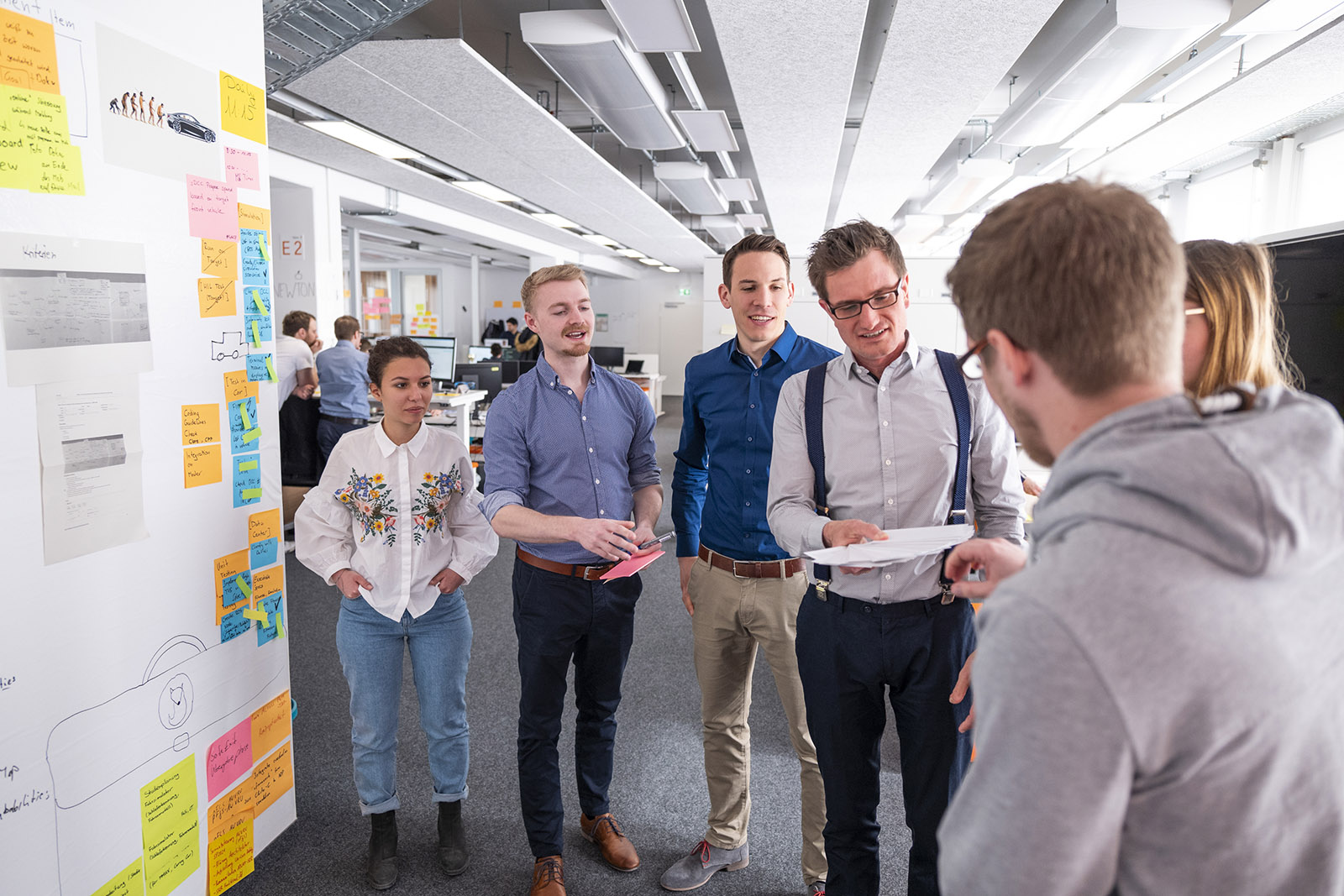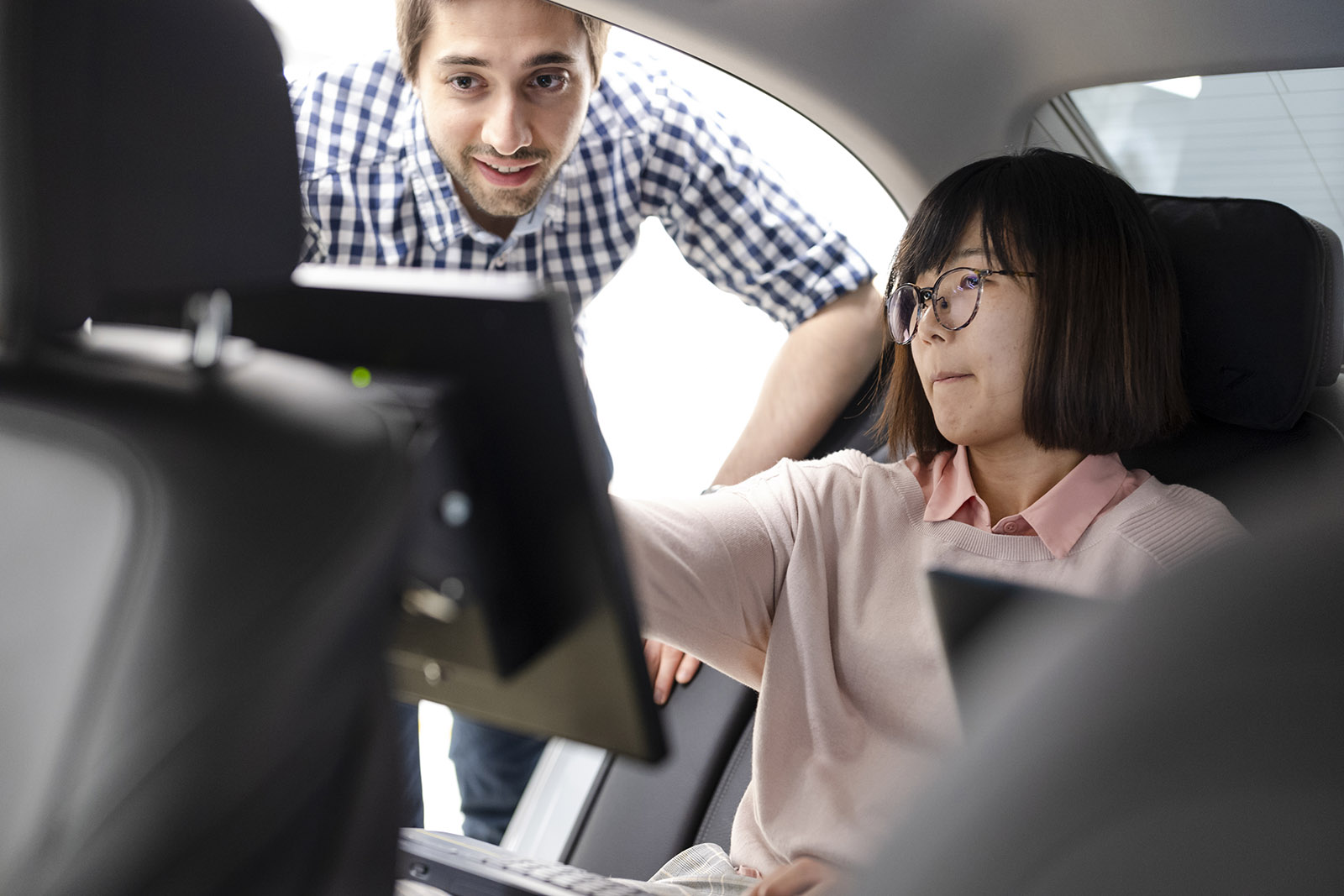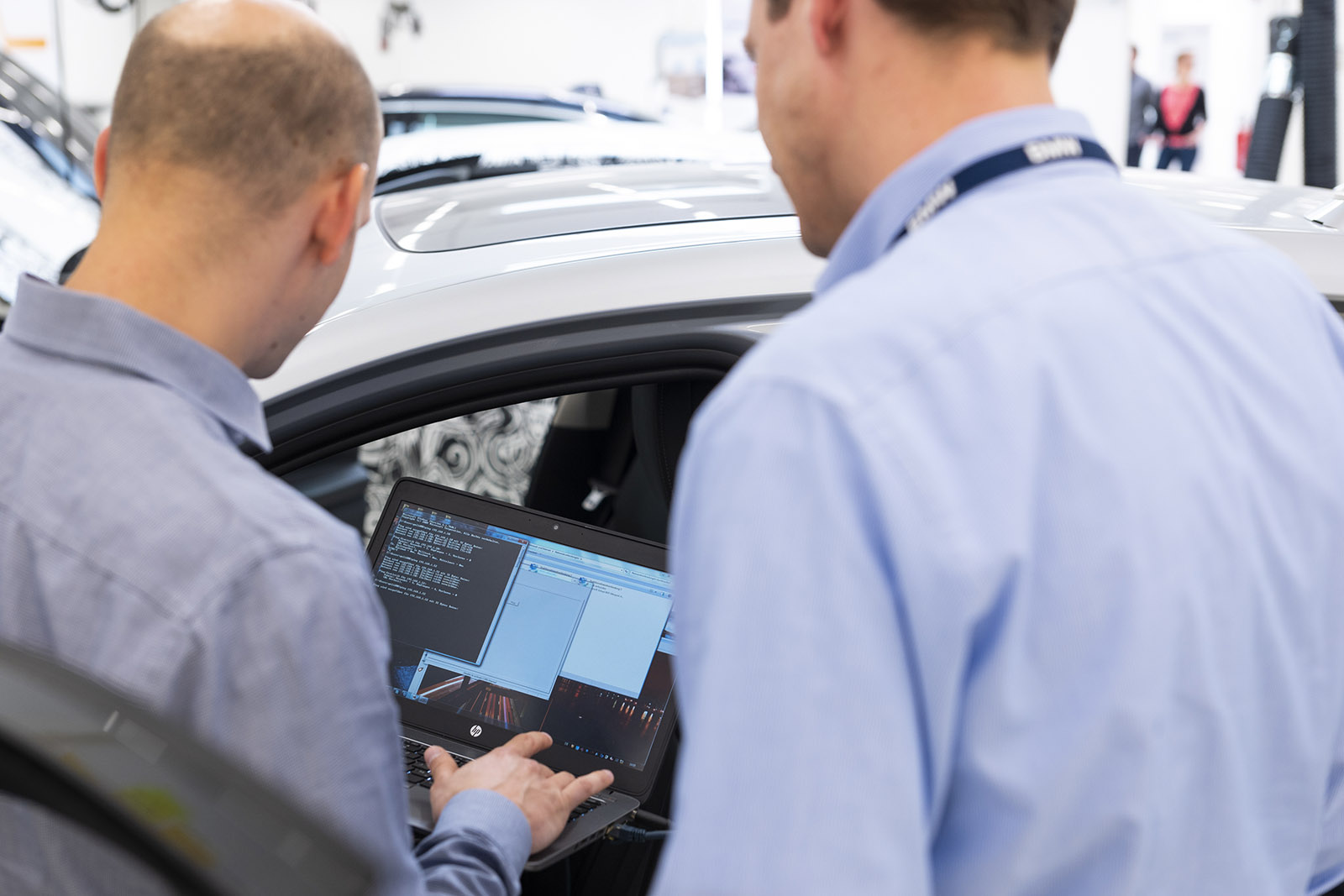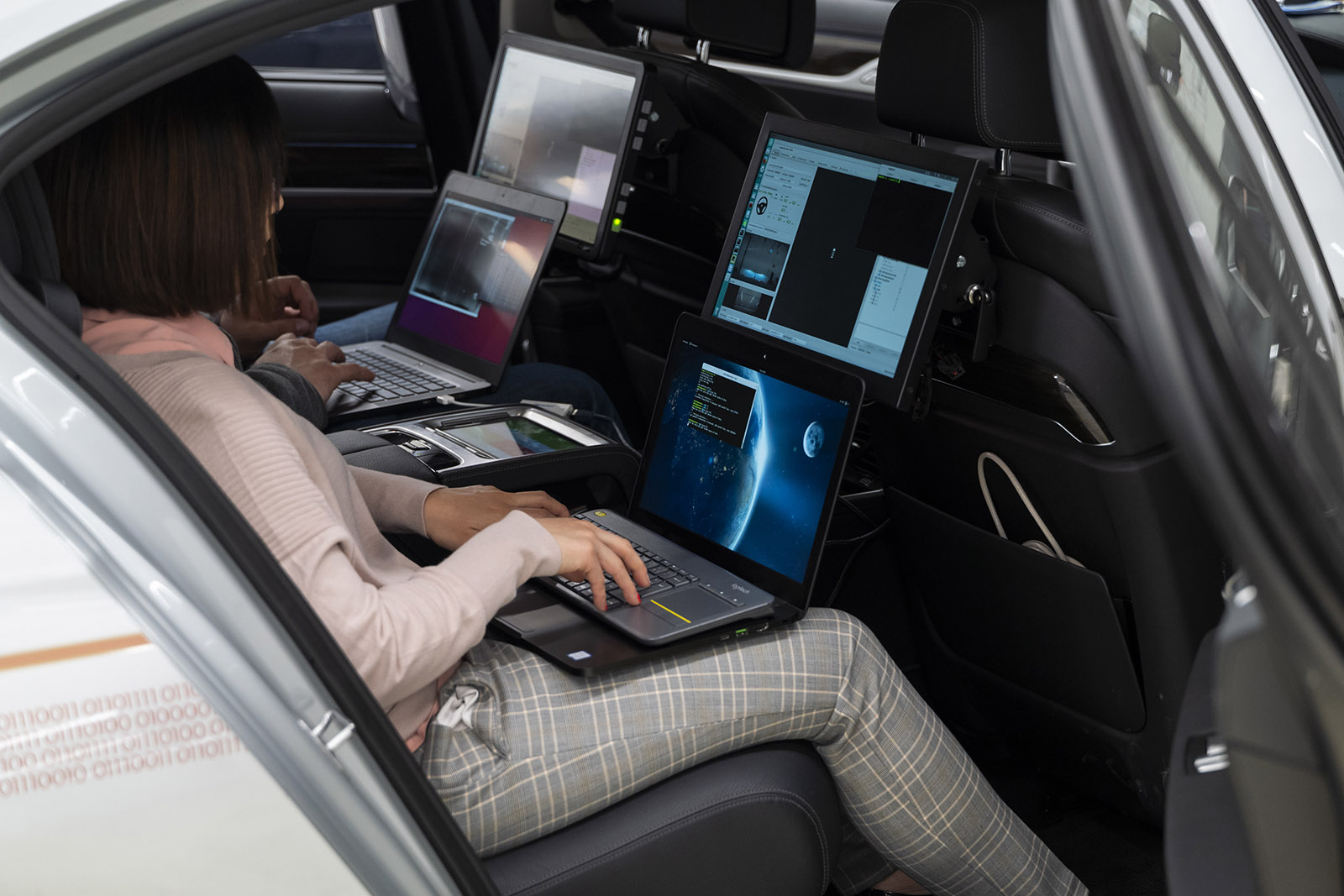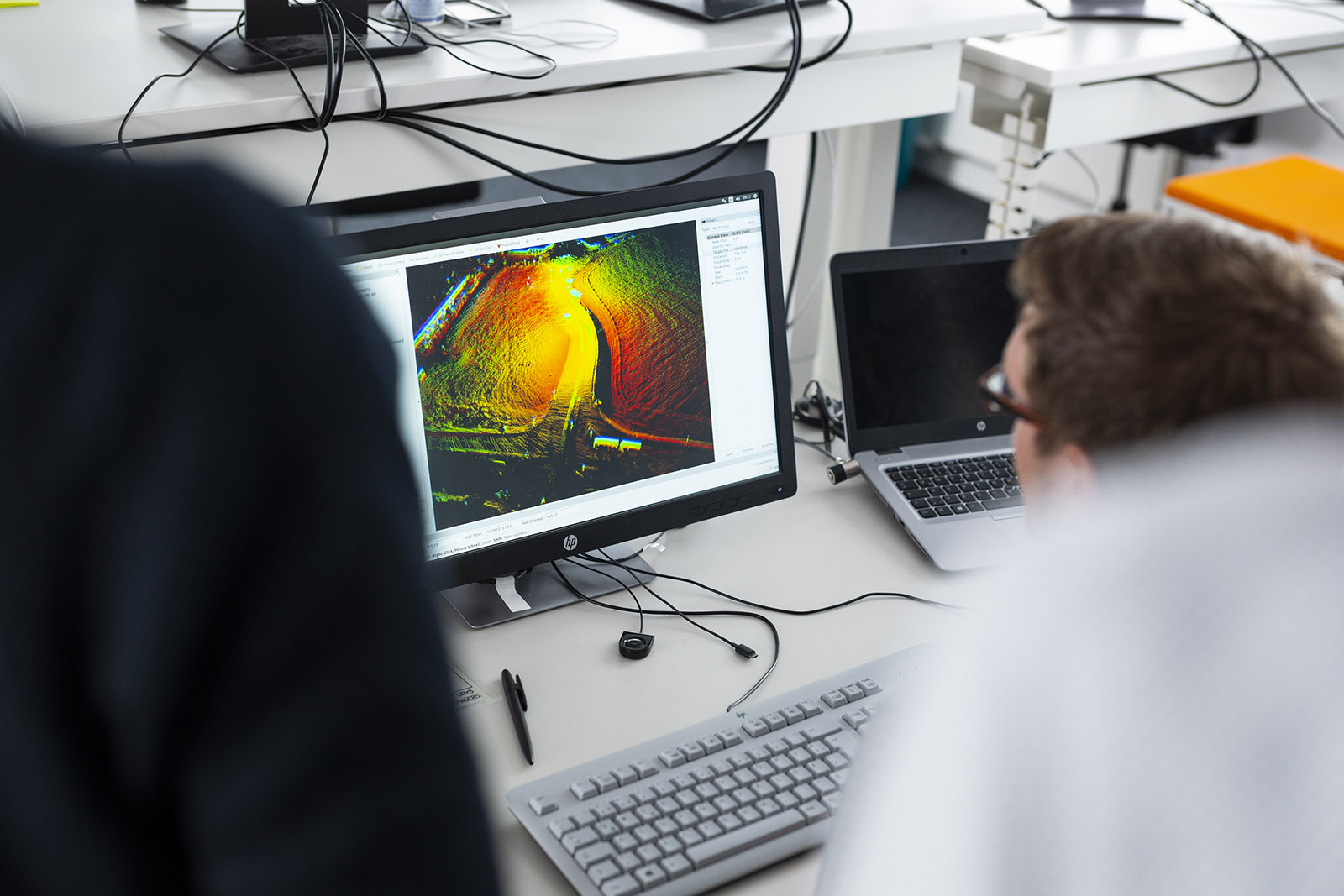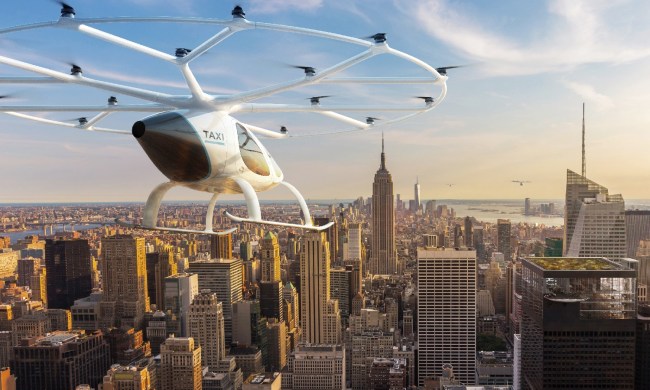In what seems like another move to keep the public perception on autonomous driving technology positive, BMW Group announced the official opening of its latest research and development facility just north of Munich. With board member for Development and Research Klaus Fröhlich leading the inauguration, this latest grand-opening showcases BMW Group’s major transition into a “tech company.”
BMW’s newest state-of-the-art center began construction around 15 months ago. The campus itself consists of 23,000 square meters of space for around 1,800 employees. There, many will crank away at researching and developing nearly all aspects of BMW’s autonomous driving technology.
In a similar move, following some recent tragedies involving vehicles equipped with semi-autonomous driving technology — which highlighted the importance of safety and development and that self-driving cars still have a long way to go — the American Center for Mobility announced the official opening of its own test facility for self-driving cars. Located in Michigan, it boasts to be the world’s first highway test facility for autonomous vehicles.
Over the past few months, autonomous driving and self-driving car tech was put in the spotlight once again and scrutinized for safety after a pedestrian was killed by an autonomous Volvo by Uber and a fatal Tesla Model X crash in San Francisco.
While expanding BMW’s autonomous tech is the main purpose of the project, BMW boasts its new office also introduces new levels of workspace innovation. The center was designed from the ground up to offer flexibility for multiple uses, efficiency for proper workflow, and be autonomously capable. The goal is to minimize downtime, say for example, when a software engineer must test a new line of code in a practice, but only must walk a short distance without having to transfer the software physically. The result supposedly is improved workspace employee interaction and more efficient teamwork.
This latest autonomous driving tech development space isn’t the only new building in BMW Group’s plans for expansion. The center will also serve as a model for all other future building for BMW’s offices either new or for renovation.
Over the last year, BMW pledged to invest further in autonomous driving technology and expanded mobility services. So far, BMW joined other companies such as Intel, Fiat, Mobileye, and even arch rivals, Daimler (Mercedes-Benz) for collaborations developing new innovations for transportation services.
So while there won’t be any vehicle testing at this latest office space, BMW still has a site in the Czech Republic that is under construction, featuring a completely new and expansive proving grounds. It’s dedicated solely to field testing self-driving cars and other autonomous and semi-autonomous driving technology. The company says more than 100 million euros ($118 million) are dedicated to the project, particularly since the company’s current testing facilities in Ascheim, Germany, exceeded its test capabilities.
